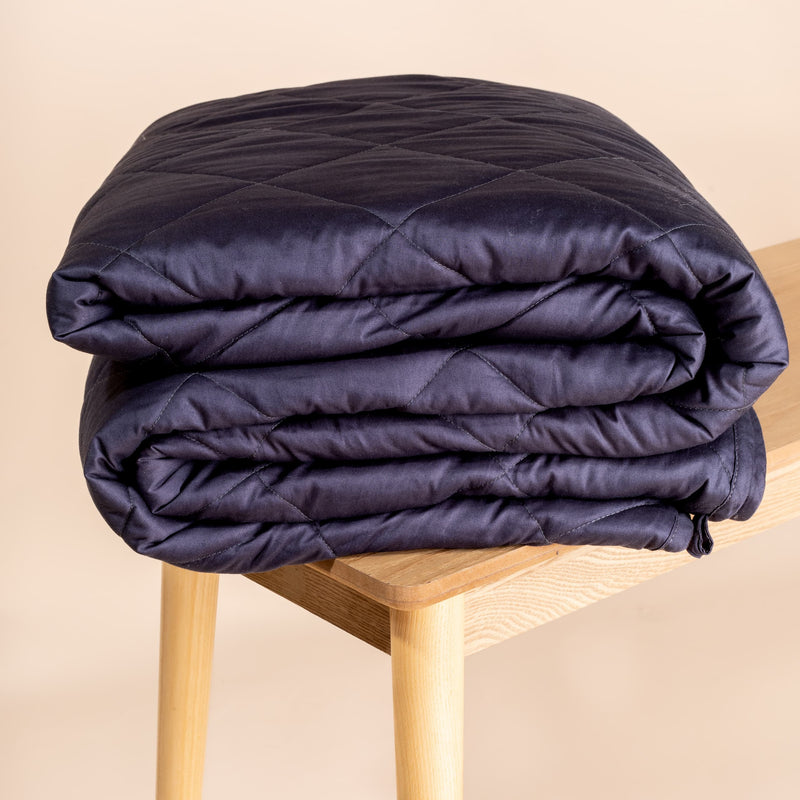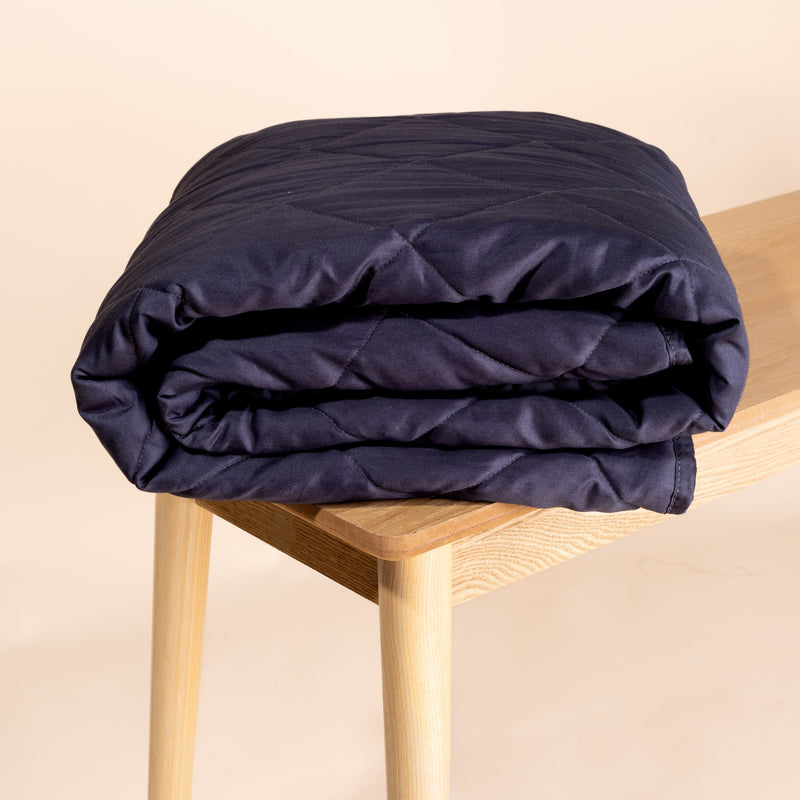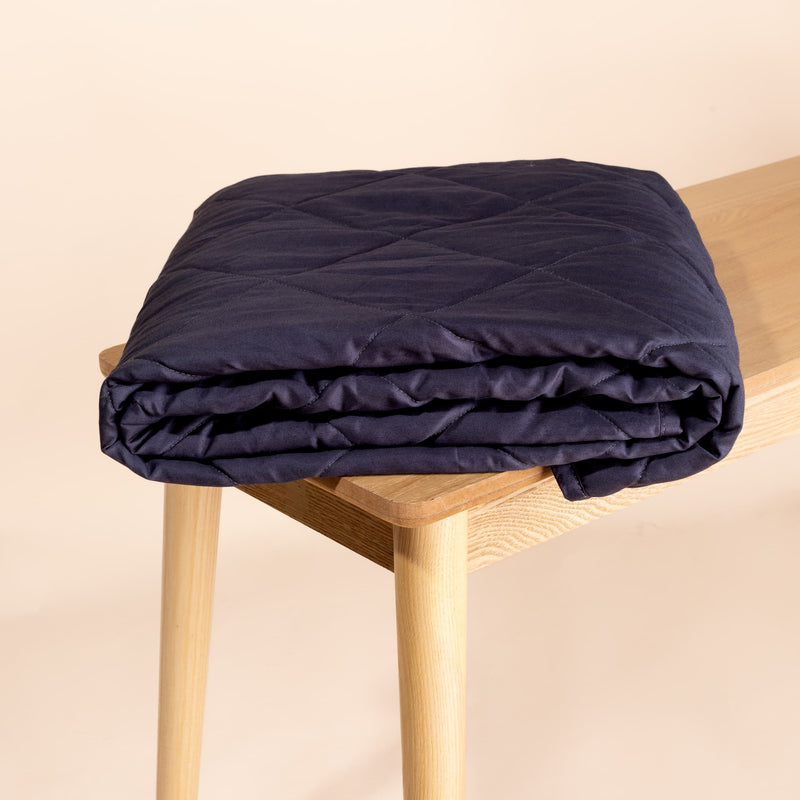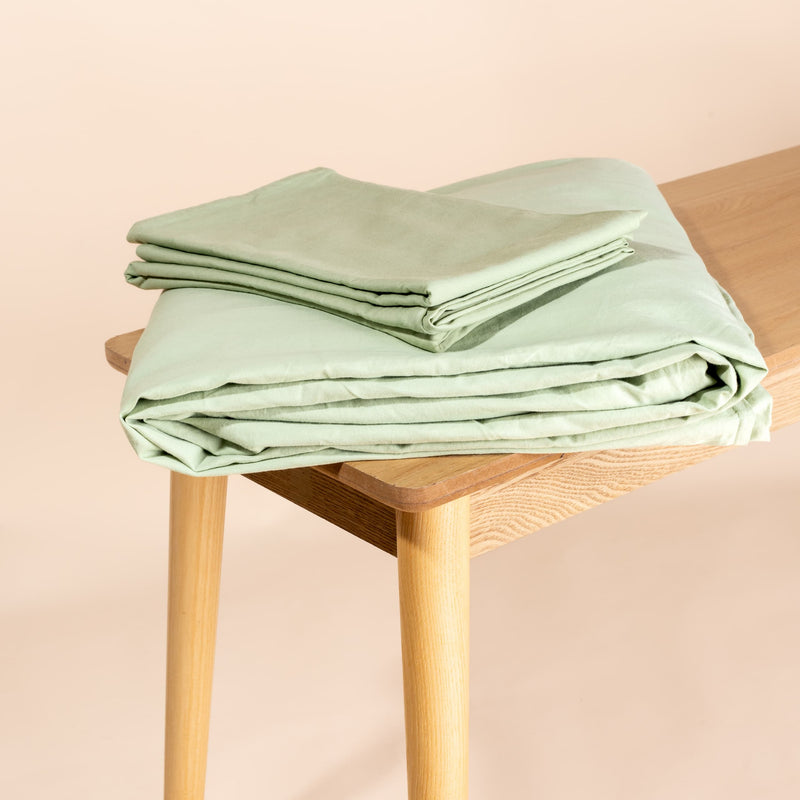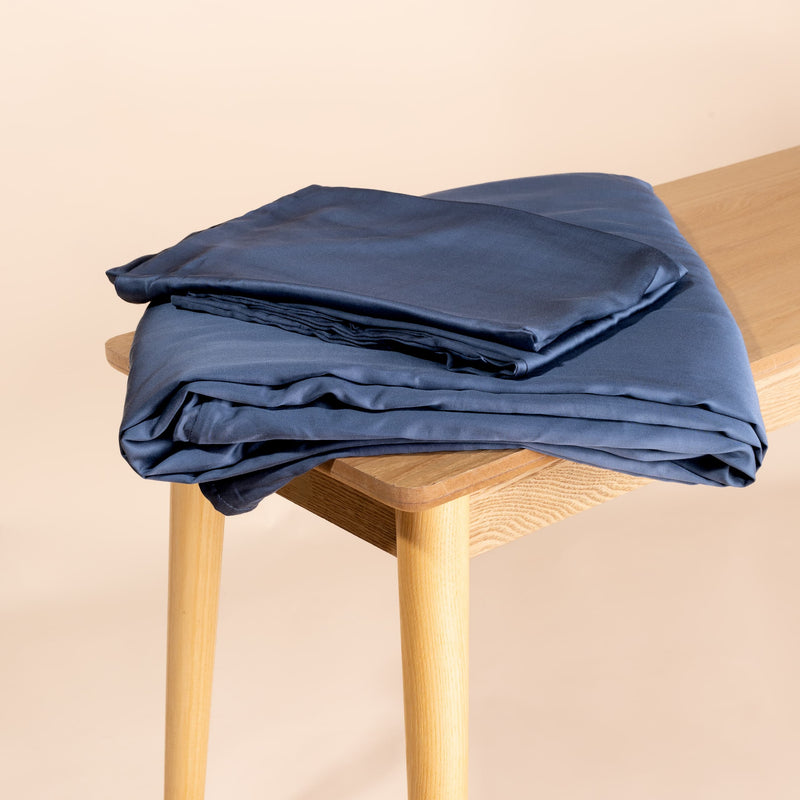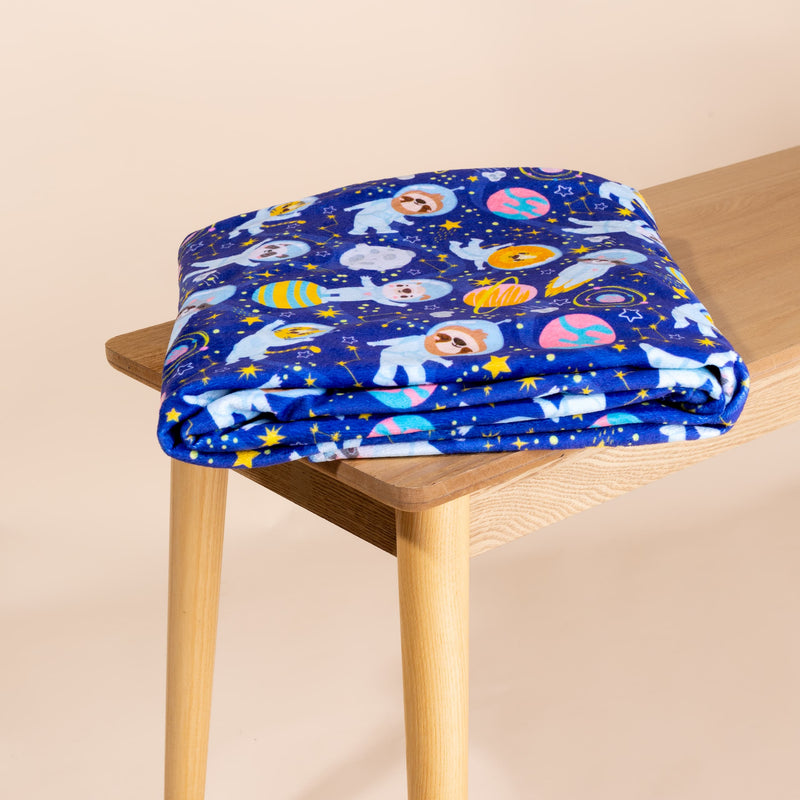Sinds enkele weken slaap ik onder een verzwaringsdeken van Novaline. Ik heb vaak moeite met doorslapen (vaak kort wakker en draaien), dat is sinds ik deze verzwaringsdeken gebruik veel minder. Mijn Whoop bevestigt wat ik ervaar: ik zie een afname in tijd dat ik wakker lig en een toename van mijn diepe slaap en REM slaap. Ik zou deze verzwaringsdeken zeker aanraden!
Heerlijk slapen onder onze tweepersoons verzwaringsdeken. Geeft een heerlijk geborgen gevoel. Heel goed warmteregulerend. Lekker warm maar daarentegen als het warm weer is voelt deze ook prima. Dus voor elk seizoen geschikt.
In eerste instantie fijn maar op langere termijn last ban mn rug
Fijn materiaal en erg handige lussen om de verzwaringsdeken mee te bevestigen in de hoes zodat ie niet gaat schuiven.
Na goede verhalen gehoord te hebben over verzwaringsdekens besloot ik het zelf eens te proberen. Ik word uitgeruster wakker en voel me veel meer ontspannen. Aanrader!




